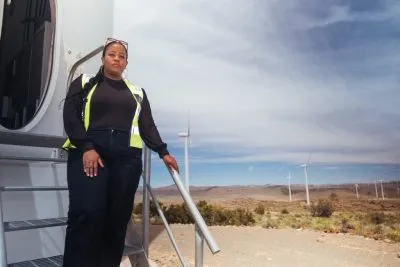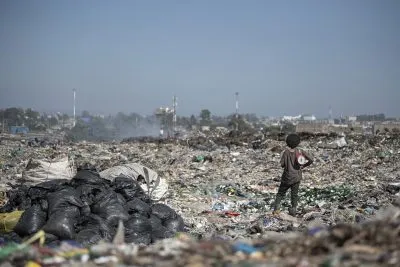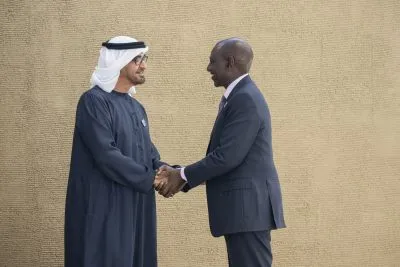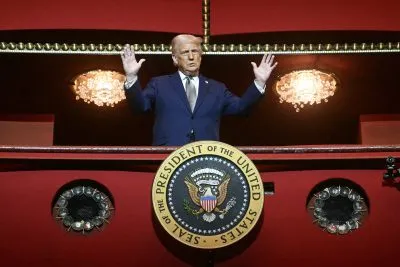France generates 75% of its power using nuclear fuels – of which uranium is a key component. Niger supplies a considerable amount of uranium to France through the latter’s Areva company yet Niger remains one of the poorest countries in the world. Niger and Areva are locked in battle over terms. MJ Morgan has the details.
French company Areva’s 10-year contract, setting out the terms and conditions by which the company can extract uranium from Niger, expired at the end of 2013. For the past year, negotiations between the two parties have failed to come to a conclusion.
Areva is resisting the lifting of certain tax advantages it enjoys and various exemptions from the 2006 Mining Code, introduced in the interim and, reasonably, not retrospectively applied to the existing deal.
Thus unfolds an important story of keen interest to anyone looking to see whether a proper and fair compact between foreign miners and African governments can be reached – especially as the plot has now taken a curious turn. Whenever host nations attempt to increase taxes on extractive industries, the generally foreign-owned mining companies kick and make accusations of ‘resource nationalism’. Depending on the circumstances, the host nation may have a legitimate case. It may have a sensible or foolish approach to its resources and its motivations could range from crude populism to a desire to right an obvious wrong.
In this instance, Areva is digging in its heels and the government of Niger is struggling to achieve its goals. So what are the ins and outs of this particular situation?
Readers of African Business will be familiar with the term ‘resource nationalism’ (see our last mining special for a discussion of it in the January issue), recently defined in the Financial Times as “the desire of governments to get a greater share of revenues from mining”. That this is presented as a threat to companies rather than a reflection of the perfectly reasonable desire by mineral-endowed countries to ensure that their mineral wealth generates substantial and lasting returns, is telling. Niger is one of the world’s – not just Africa’s – poorest countries. According to the World Bank, 60% of the rural population has no access to an improved water source (standpipes, proper wells, boreholes and so on). This is despite it being the fourth-largest uranium exporter in the world which provides a very wealthy country, France, with a resource it is absolutely dependent on and cannot easily source elsewhere.
Uranium accounts for some 70% of Niger’s exports, worth some CFA2.3 trillion (around $4.77bn) in 2010, the country received only around 13% of this value, CFA 300bn ($625.3m). Niger’s GDP is around $6.8bn. It is hardly surprising that 1,000 protesters took to the streets of the capital Niamey in December to object to the ‘unbalanced’ nature of the existing contractual arrangements.
Want to continue reading? Subscribe today.
You've read all your free articles for this month! Subscribe now to enjoy full access to our content.
Digital Monthly
£8.00 / month
Receive full unlimited access to our articles, opinions, podcasts and more.
Digital Yearly
£70.00 / year
Our best value offer - save £26 and gain access to all of our digital content for an entire year!

 Sign in with Google
Sign in with Google 





